- All Flags
- Flags of Countries by Continent
-
Flags of Organizations
- Flags of UN countries
- Flags of the European Union countries
- Flags of NATO countries
- Flags of the countries of the Organization of Islamic Cooperation
- Flags of the countries of the Organization of American States
- Flags of the Arab League countries
- Flags of the African Union countries
- Flags of the countries of the Union of South American Nations
- Flags of the Commonwealth of Nations
- Flags of the countries of the Secretariat of the Pacific Community
- Flags of the Nordic Council countries
- Flags of the Caribbean Community
- Flags of the countries of the Association of Southeast Asian Nations
- Flags of the East African Community
- Flags of the countries of the Organization of Turkic States
- LGBT Community Flags
- Historical Flags
- Ethnic Flags
- Flags of the USA (states)
Cameroon Flag
The national flag of the Republic of Cameroon is a vibrant and deeply symbolic emblem that encapsulates the nation's journey from colonial division to a unified, independent state. Adopted on May 20, 1975, the flag represents the culmination of historical struggles, the rich cultural diversity of its people, and its aspirations for peace, unity, an..
Flag of Algeria
The national flag of Algeria is a powerful and resonant symbol, embodying the nation's arduous struggle for independence, its rich Arab-Berber heritage, and its deep-rooted Islamic identity. More than just a piece of cloth, it is a testament to the resilience, courage, and unwavering spirit of the Algerian people who fought for over a century again..
Flag of Angola
The national flag of Angola is a powerful and evocative symbol, deeply interwoven with the nation's tumultuous struggle for independence, its revolutionary past, and its enduring aspirations for peace, progress, and social justice. Adopted on November 11, 1975, the very day Angola declared its independence from Portugal, the flag serves as a vivid ..
Flag of Benin
The national flag of Benin is a vibrant and historically rich symbol, encapsulating the nation's journey from colonial rule to independence, and its enduring aspirations for prosperity, democracy, and national unity. Originally adopted on November 16, 1959, before the country officially gained full sovereignty, and then re-adopted on August 1, 1990..
Flag of Botswana
The national flag of Botswana is a vibrant and deeply symbolic emblem that encapsulates the aspirations, values, and natural characteristics of this remarkable Southern African nation. Adopted on September 30, 1966, the very day Botswana gained its independence from British rule, the flag serves as a powerful visual testament to the country's peace..
Flag of Burkina Faso
The national flag of Burkina Faso is a powerful and evocative symbol, deeply intertwined with the country's transformative history and its aspirations for freedom, justice, and development. Adopted on August 4, 1984, a year after the revolution that brought Thomas Sankara to power and renamed the country from Upper Volta to Burkina Faso (meaning "L..
Flag of Burundi
The national flag of Burundi is a striking and deeply symbolic emblem, a vibrant testament to the nation's independence, its historical struggles, and its aspirations for unity, peace, and progress. Adopted on June 28, 1967, nearly five years after gaining full independence from Belgium on July 1, 1962, it replaced the country's monarchical flag, s..
Flag of Cape Verde
The national flag of the Republic of Cabo Verde (Cape Verde) is a striking and profoundly symbolic representation of the island nation's unique identity, its journey to independence, and its enduring aspirations. Adopted on September 25, 1992, it replaced an older flag that more closely mirrored the colors and symbolism of Guinea-Bissau, reflecting..
Flag of Chad
The national flag of Chad is a beacon of its identity, a vibrant symbol reflecting the nation's diverse geography, its rich aspirations, and the historical journey towards self-determination. Adopted on November 6, 1959, while Chad was still an autonomous republic within the French Community, the flag's design remained unchanged upon achieving full..
Flag of Comoros
The national flag of the Union of the Comoros is a striking and deeply symbolic emblem that encapsulates the nation's rich history, its Islamic faith, its four main islands, and its aspirations for unity and prosperity. Adopted on January 7, 2002, this flag is the most recent in a series of designs that have evolved since the archipelago gained ind..
Flag of Djibouti
The national flag of Djibouti is a striking and meaningful symbol that encapsulates the nation's journey towards independence, its rich cultural tapestry, and its aspirations for unity and peace. Adopted on June 27, 1977, the day the country gained independence from France, the flag is a powerful visual representation of the Republic of Djibouti's ..
Flag of Egypt
The national flag of Egypt is a powerful and evocative symbol that embodies the nation's rich history, its revolutionary spirit, and its enduring aspirations for unity, freedom, and justice. Adopted on October 4, 1984, the current design reflects a culmination of centuries of cultural evolution and a modern reinterpretation of deep-rooted historica..
Flag of Equatorial Guinea
The national flag of Equatorial Guinea is a vivid emblem, rich in color and symbolism, reflecting the nation's journey to independence, its natural wealth, and its core aspirations for its people. Adopted on October 12, 1968, the day of its independence from Spain, the flag has undergone a brief but significant alteration during a period of dictato..
Flag of Eritrea
The national flag of Eritrea is a powerful and evocative emblem, meticulously designed to encapsulate the nation's arduous journey to independence, its enduring spirit, and its aspirations for peace and prosperity. Officially adopted on December 5, 1995, this flag is a vibrant tapestry woven from the sacrifices of a thirty-year struggle and the hop..
Flag of Eswatini
The national flag of Eswatini (formerly Swaziland) is a powerful and visually distinctive symbol, deeply rooted in the nation's rich history, its military traditions, and its enduring commitment to peace and stability. Adopted on October 1, 1968, the flag was designed to commemorate the country's independence from British colonial rule, embodying t..
Flag of Ethiopia
The national flag of Ethiopia is far more than just a piece of cloth; it is a profound symbol woven from centuries of rich history, unwavering independence, and a unique position as a beacon for the entire African continent. Adopted in its current form on October 6, 1996, it represents the resilience, unity, and aspirations of one of the world's ol..
Flag of Gabon
The national flag of Gabon is a vibrant and deeply symbolic emblem, encapsulating the nation's rich natural environment, its geographical position, and its aspirations for a prosperous future. Adopted on August 9, 1960, just a week before Gabon gained full independence from France on August 17, 1960, it represents a crucial step in the country's jo..
Flag of Gambia
The national flag of The Gambia is a compelling tapestry of color and symbolism, reflecting the nation's geographical essence, its aspirations for peace and prosperity, and the unwavering commitment of its people to unity. Adopted on February 18, 1965, the day The Gambia gained independence from British rule, it stands as a unique and visually stri..
Flag of Ghana
The national flag of Ghana stands as a vibrant and profound emblem, encapsulating the nation's struggle for independence, its rich natural endowments, and its guiding principles of liberty and justice. Adopted on March 6, 1957, the very day Ghana achieved its hard-won independence from British colonial rule, it was the first flag of an independent ..
Flag of Guinea
The national flag of Guinea is a powerful and evocative symbol that embodies the nation's journey towards independence, its commitment to unity, and its aspirations for a prosperous and just society. Adopted on November 10, 1958, just weeks after Guinea overwhelmingly voted for independence from France and rejected membership in the French Communit..
Flag of Guinea-Bissau
The national flag of Guinea-Bissau is a vibrant and deeply symbolic emblem that embodies the nation's struggle for independence, its revolutionary ideals, and its aspirations for a prosperous and unified future. Adopted on September 24, 1973, the day Guinea-Bissau declared its independence from Portugal, the flag is a powerful visual narrative of a..
Flag of Ivory Coast
The national flag of the Republic of Côte d'Ivoire, often referred to as the Ivorian flag, is a vibrant tricolor that stands as a proud emblem of the nation's independence, its deep connection to the land, its people, and its aspirations for a prosperous future. Adopted on December 3, 1959, just before the country gained full independence fro..
Flag of Kenya
The national flag of the Republic of Kenya is a powerful and iconic symbol that embodies the nation's struggle for independence, its rich cultural heritage, and its aspirations for peace, unity, and prosperity. Adopted on December 12, 1963, the day Kenya gained full independence from British colonial rule, the flag is a direct reflection of the val..
Flag of Lesotho
The national flag of the Kingdom of Lesotho is a vibrant and deeply symbolic emblem, representing the nation's peaceful and independent spirit, its rich heritage, and its aspiration for prosperity. Adopted on October 4, 2006, to commemorate 40 years of independence, the current flag is the third in Lesotho's history, consciously designed to reflect..
Flag of Liberia
The national flag of the Republic of Liberia is a potent symbol of the nation's unique history as a land founded by freed American slaves, often referred to as a "Little America" in Africa. Adopted on August 24, 1847, just weeks after Liberia declared its independence from the American Colonization Society, the flag's design deliberately echoes the..









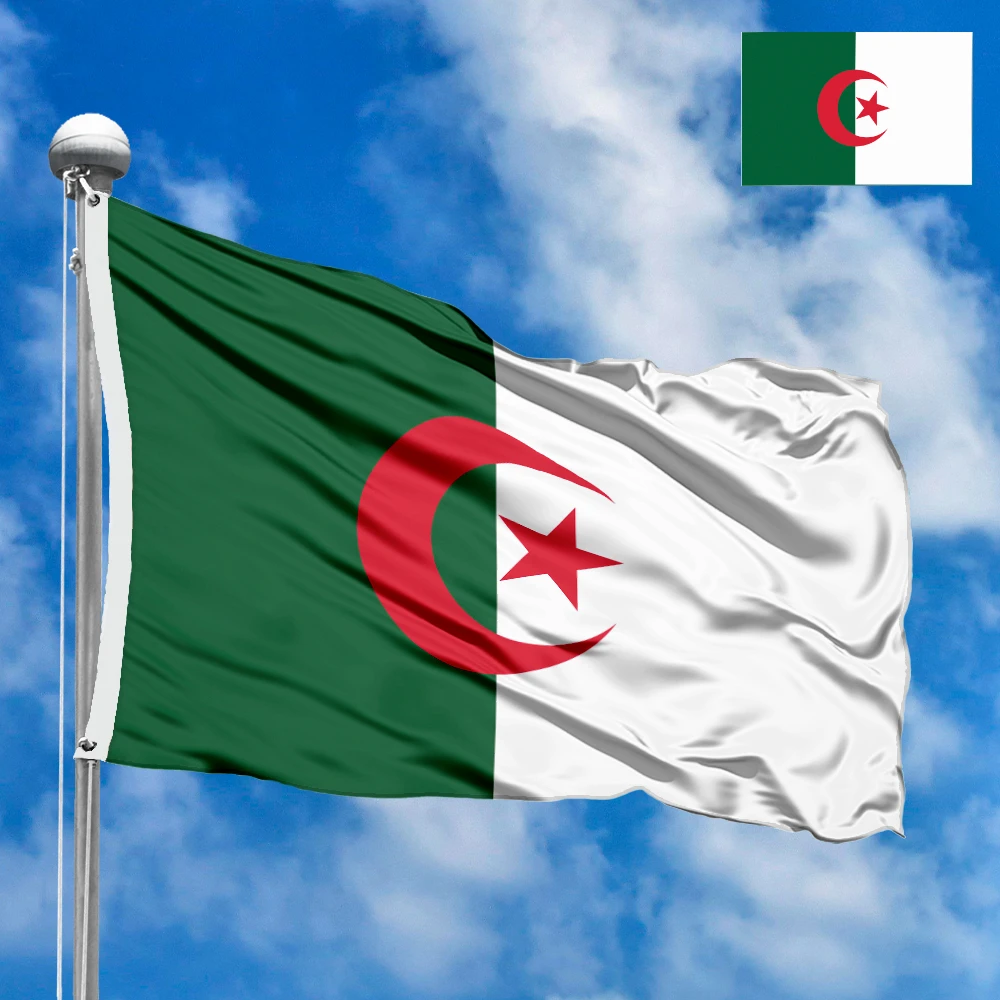



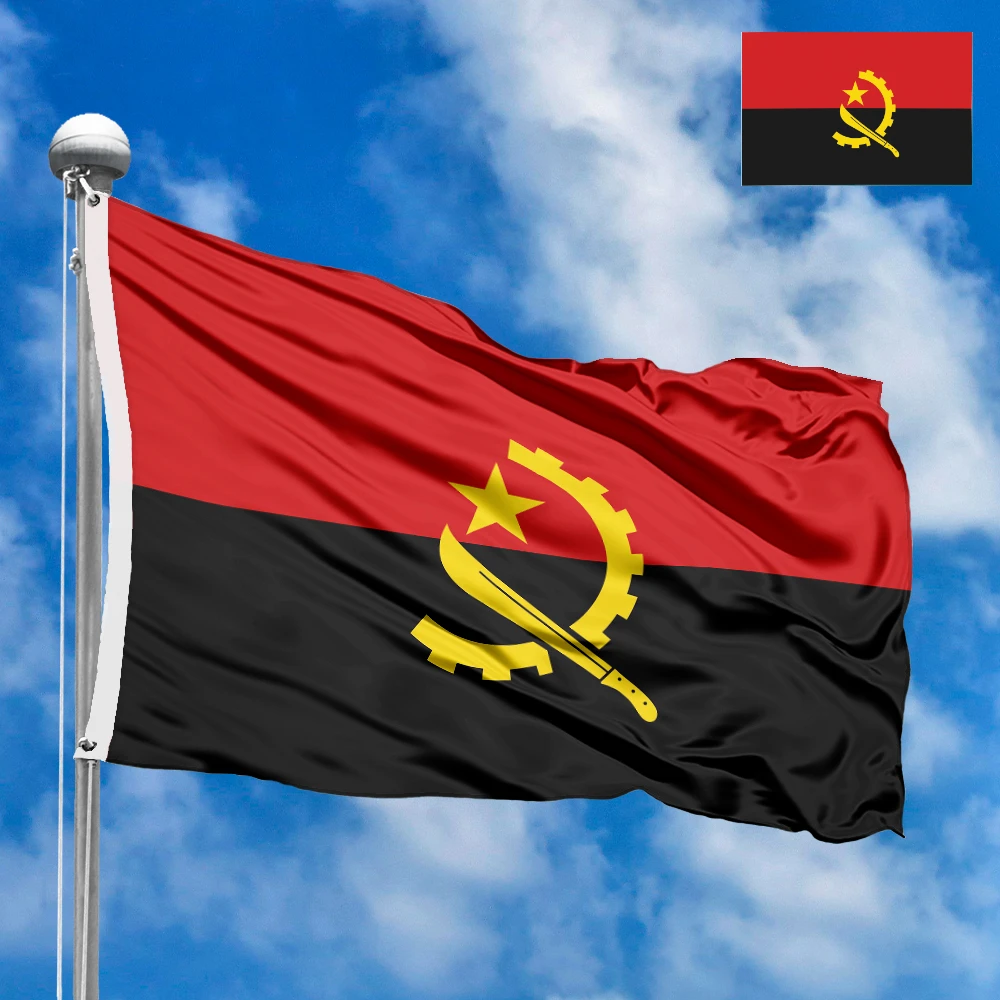







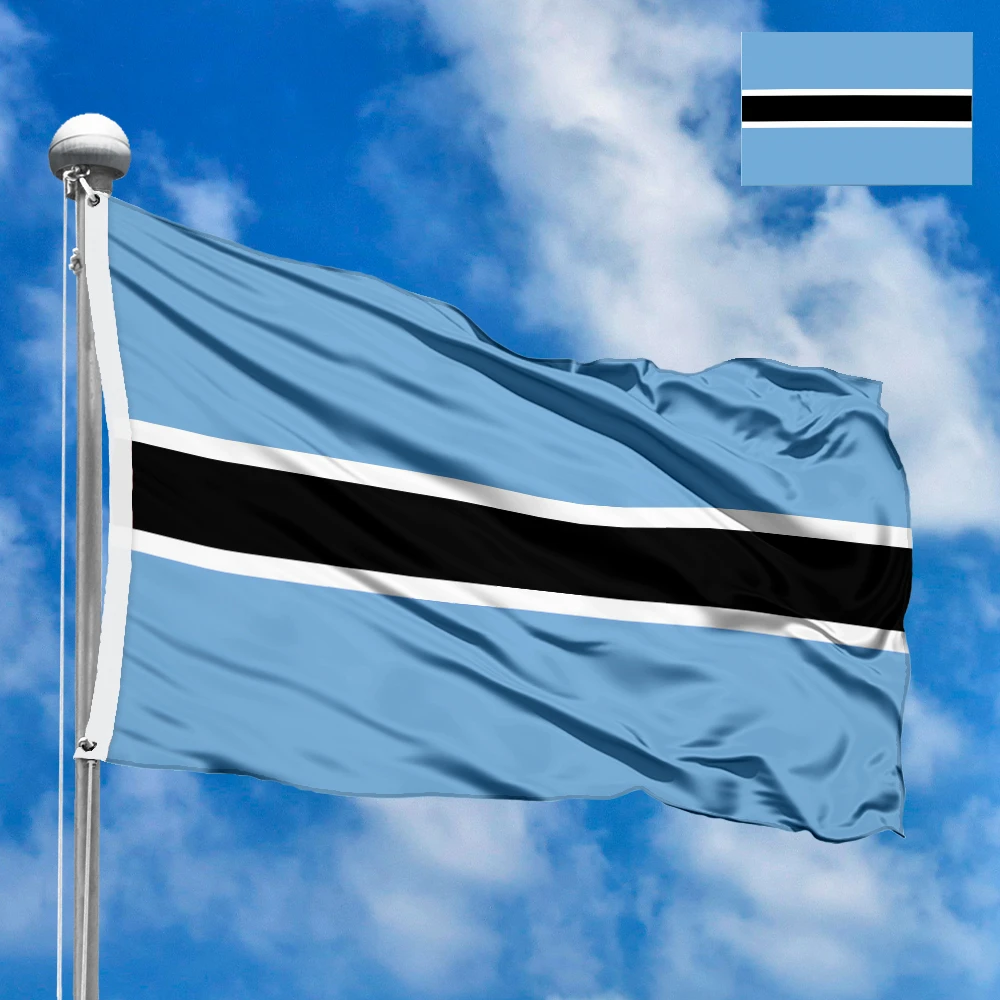







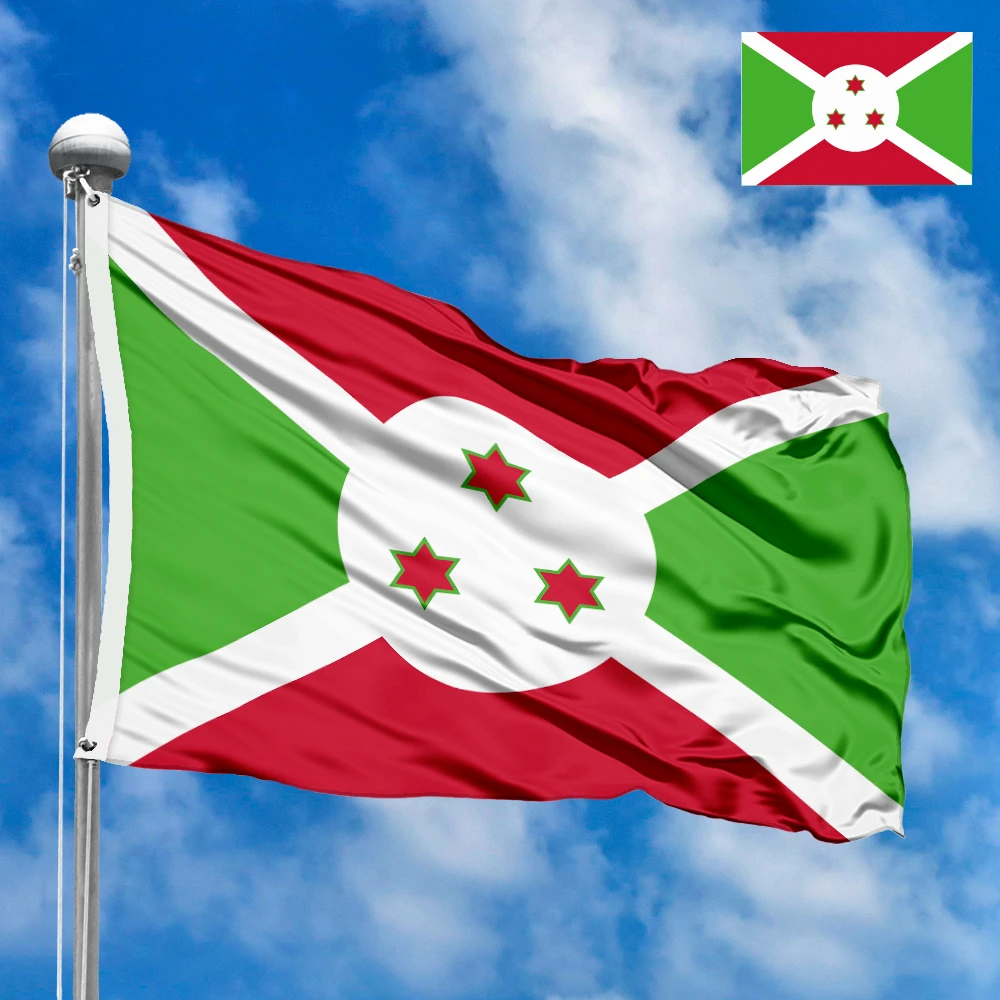















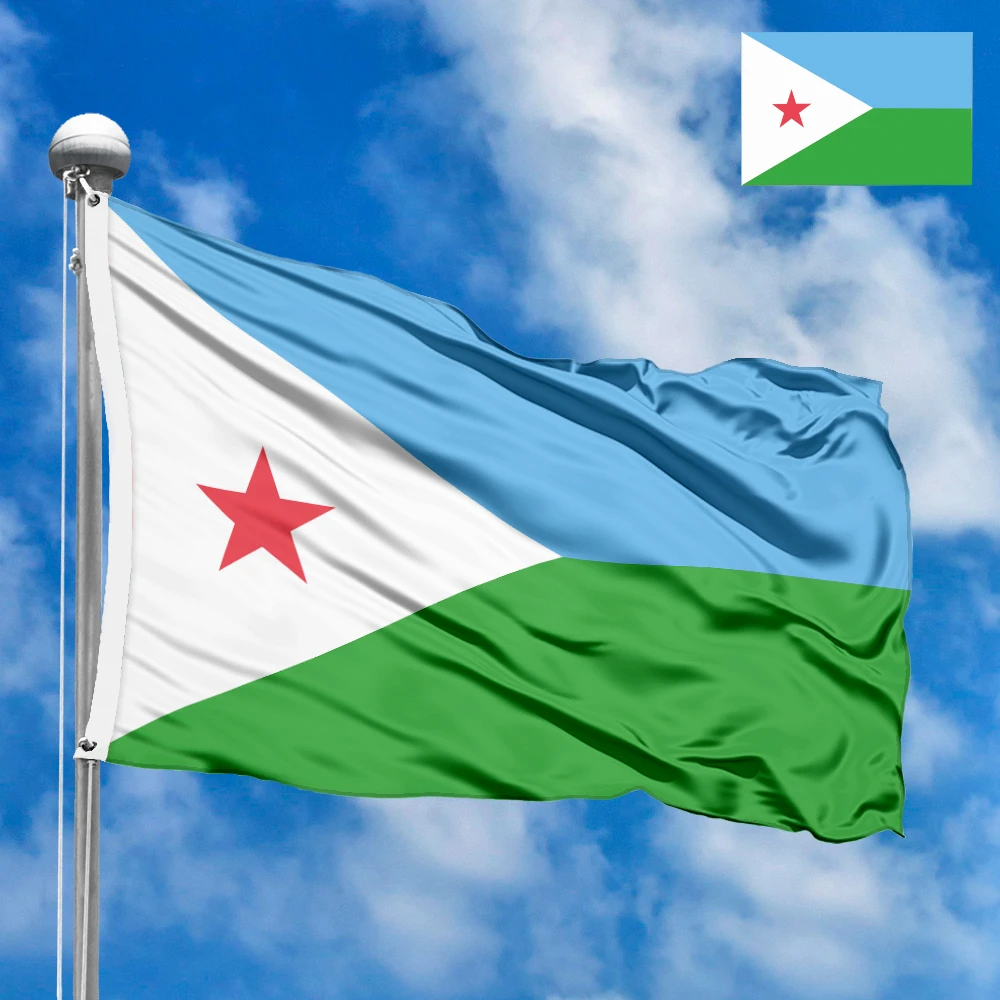



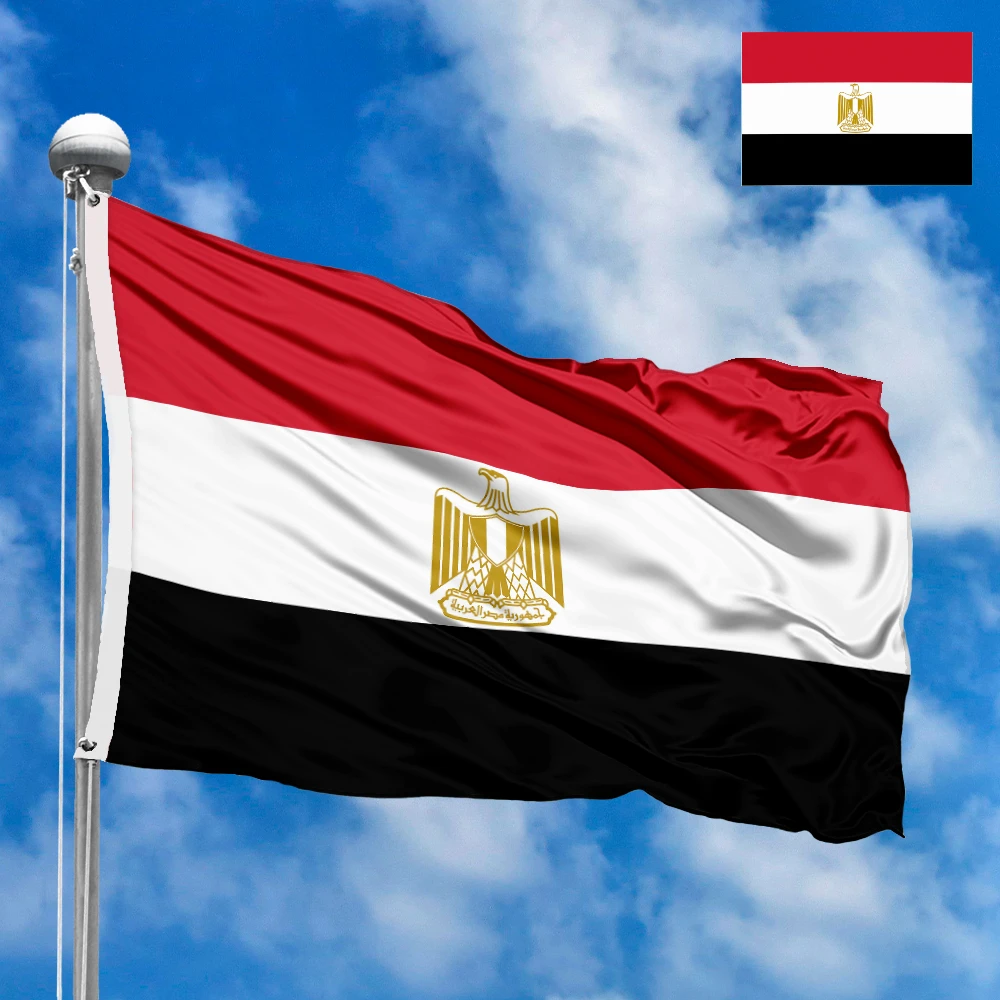



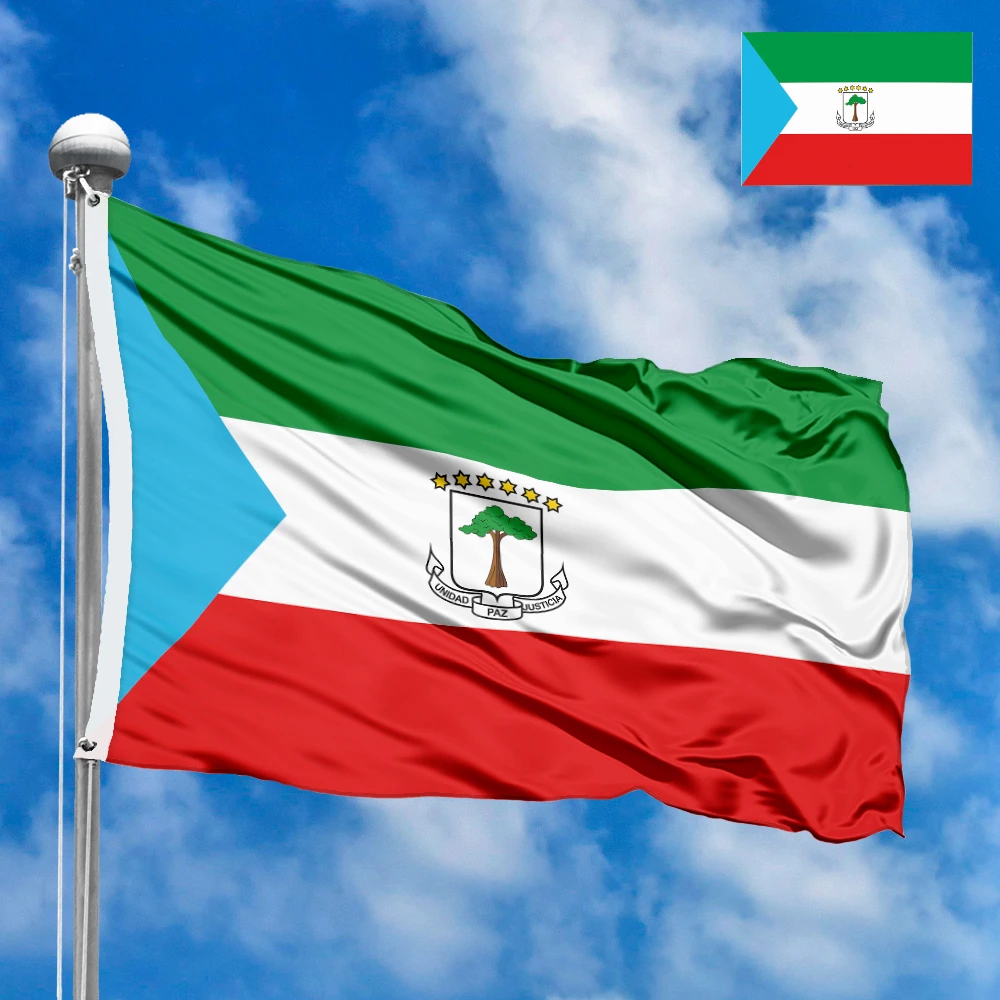



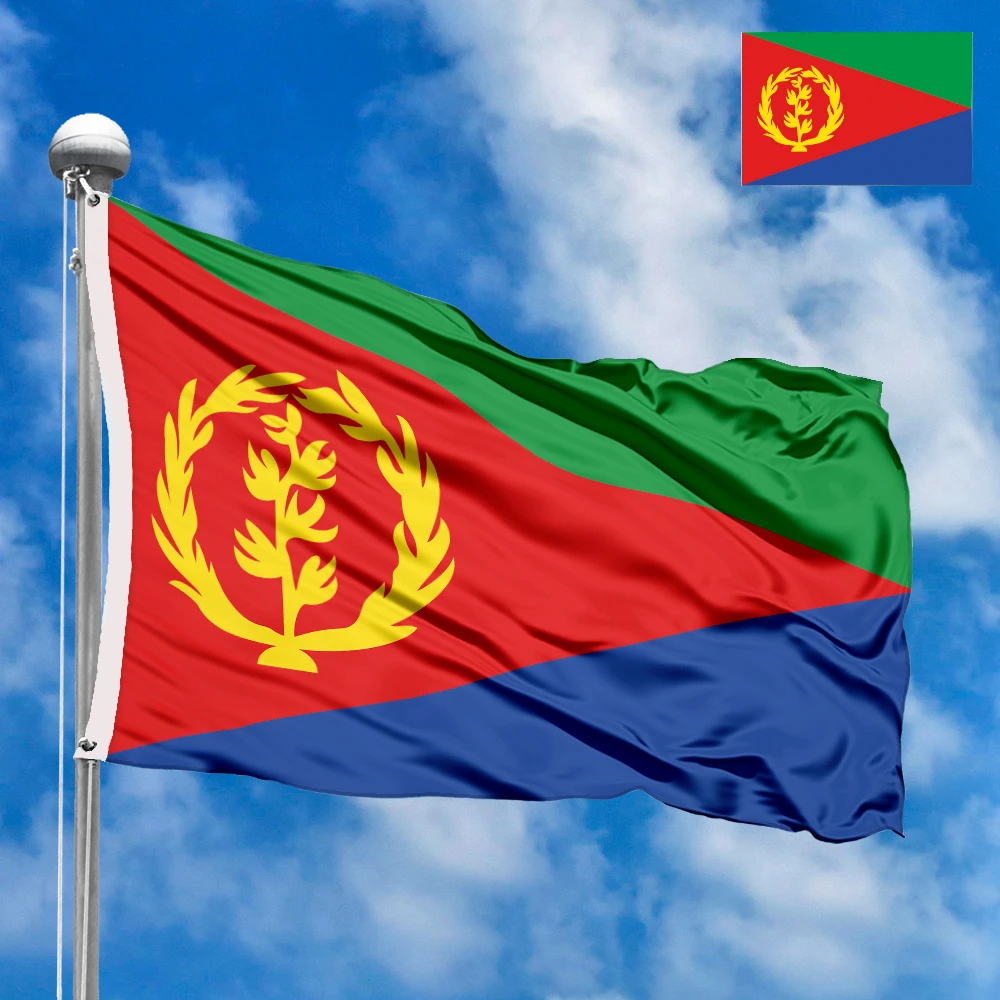



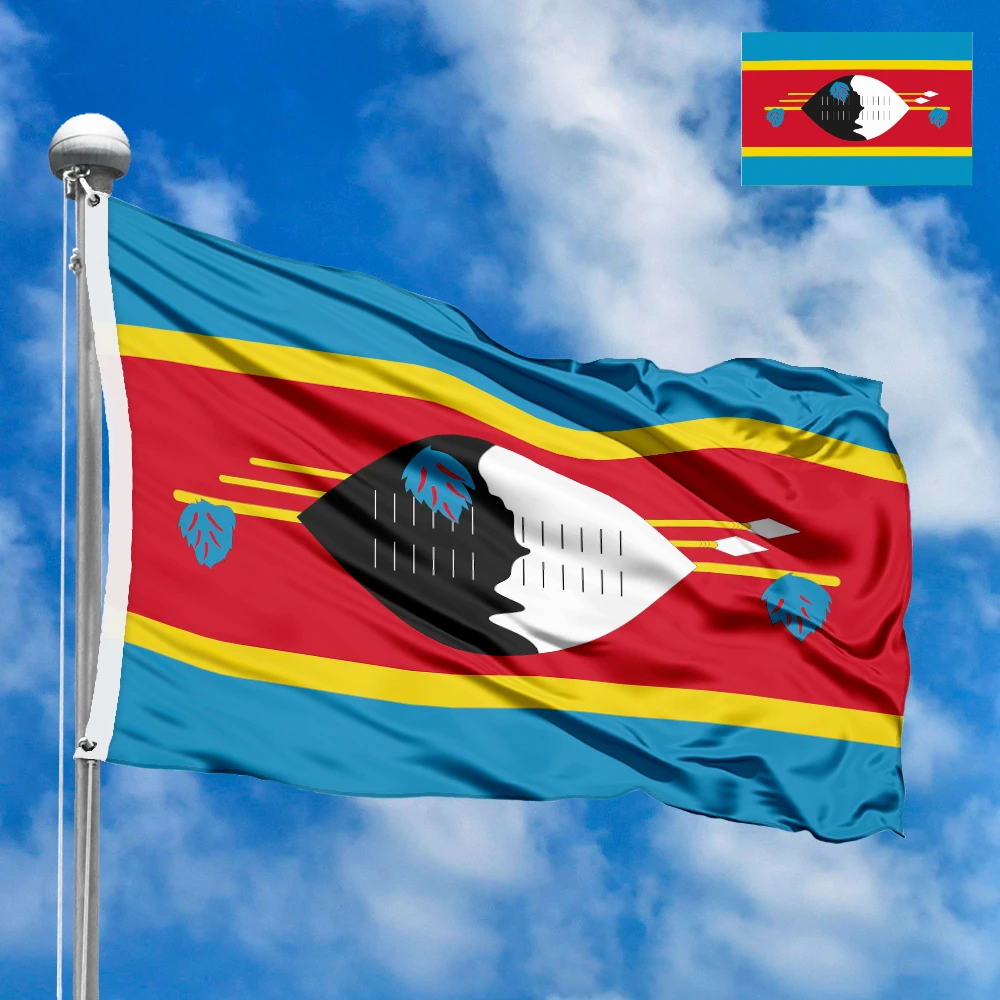



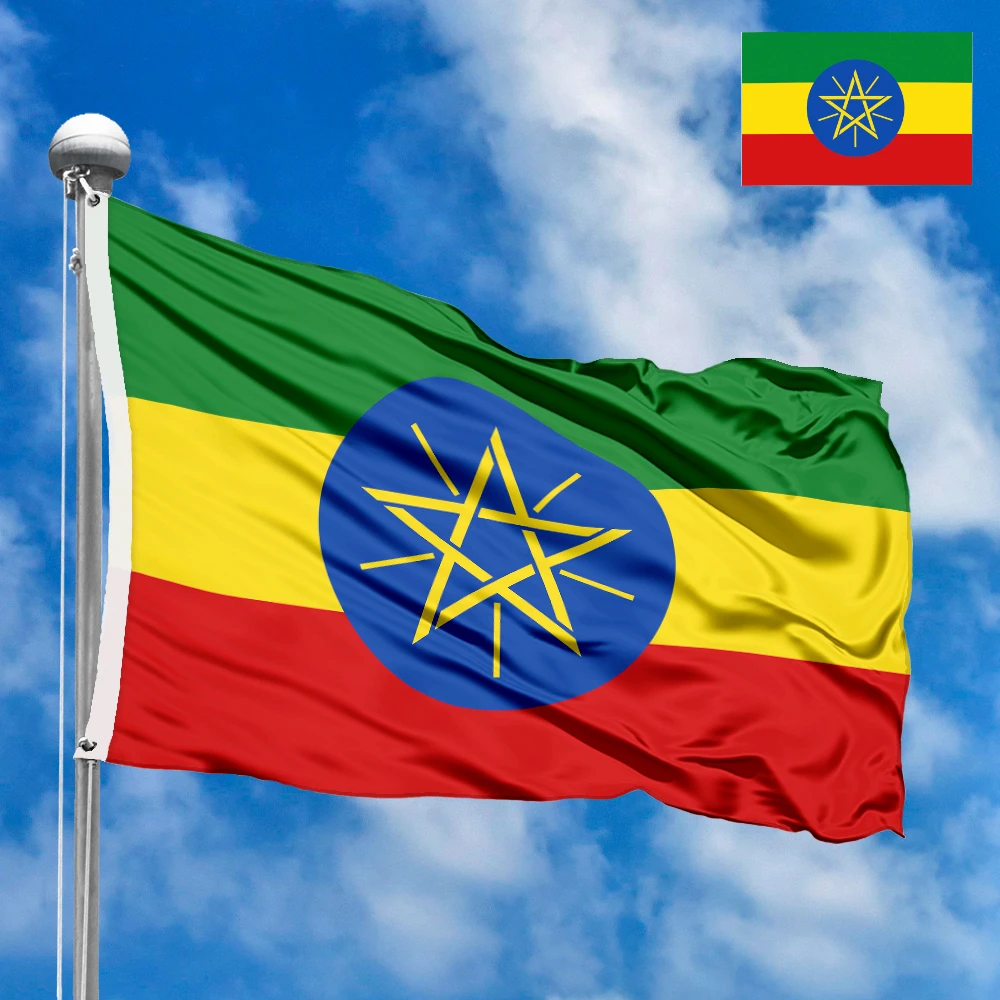







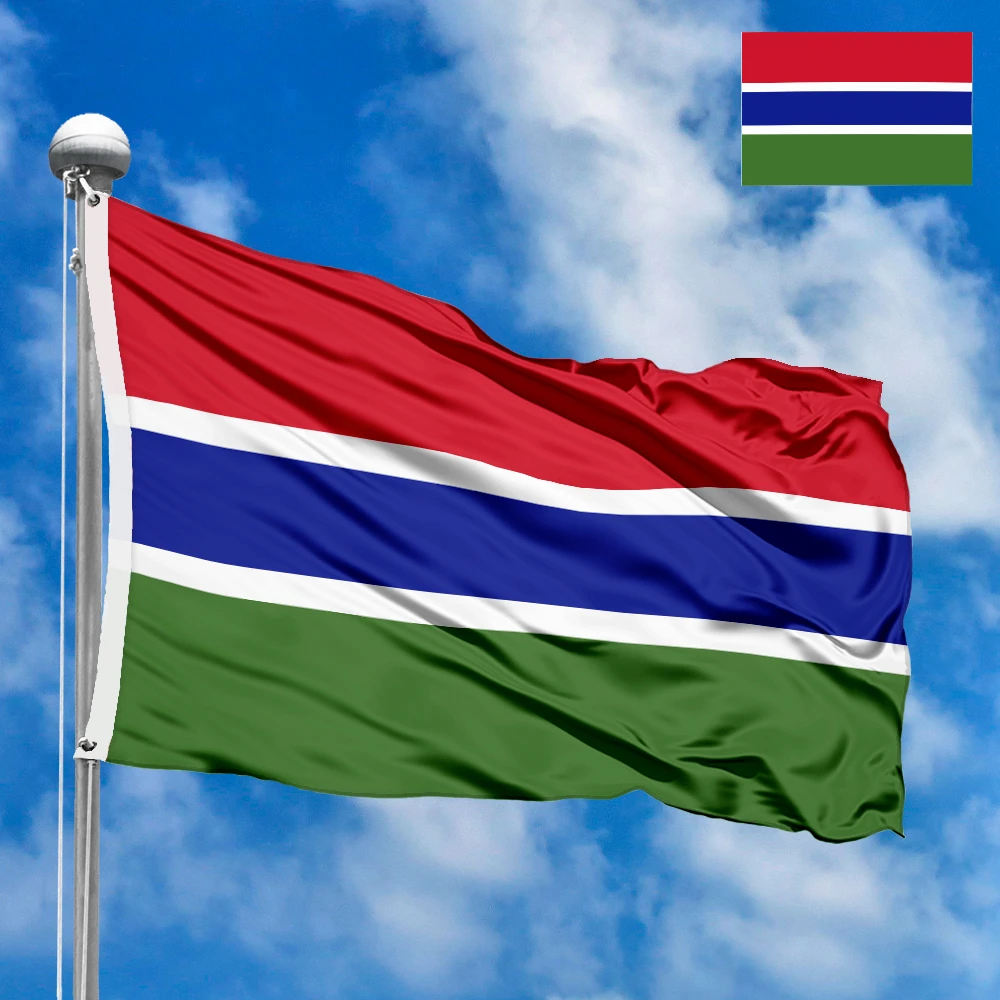




























 Flags of Europe
Flags of Europe Flags of Asia
Flags of Asia Flags of Africa
Flags of Africa Flags of North America
Flags of North America Flags of South America
Flags of South America Flags of Australia and Oceania
Flags of Australia and Oceania Flags of Antarctica
Flags of Antarctica Flags of International Organizations
Flags of International Organizations LGBT Community Flags
LGBT Community Flags Historical Flags
Historical Flags Flags of the US States
Flags of the US States Ethnic flags
Ethnic flags